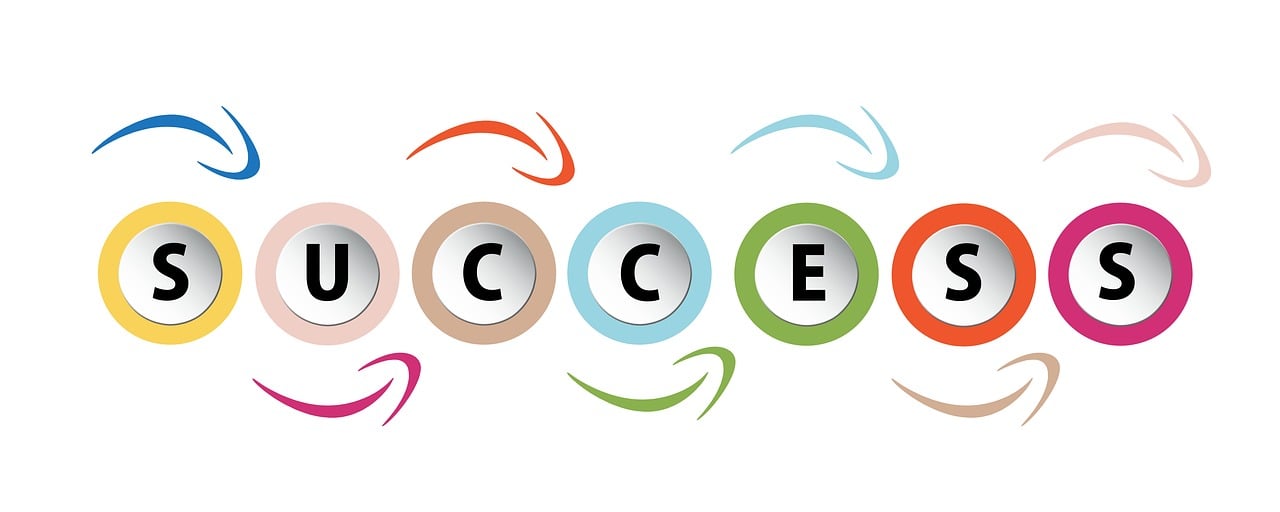The Australian Medical Council (AMC) exams are the gateway for international medical graduates (IMGs) to practice medicine in Australia. These exams assess a candidate’s medical knowledge, clinical skills, and communication abilities to ensure they meet the high standards of Australian healthcare. Cracking the AMC exams requires a comprehensive understanding of the syllabus and a well-planned preparation strategy. In this article, we will get into the intricate details of the AMC exam syllabus, providing you with the knowledge and insights you need to excel in your medical career in Australia.
The AMC Exam Structure: The AMC examination consists of two parts:
- Multiple Choice Question (MCQ) Examination: This computer-adaptive test (CAT) assesses your medical knowledge across various clinical disciplines. It comprises 150 A-type MCQs, with 120 scored items and 30 pilot items. The exam duration is 3.5 hours.
- Clinical Examination: This practical assessment evaluates your clinical skills and communication abilities in 16 simulated patient encounters. Each station focuses on a specific area, like history-taking, physical examination, diagnosis, or management. The exam duration is 3–4 hours.

WHAT DOES THE AMC EXAM SYLLABUS INCLUDE?
The MCQ examination is a comprehensive examination of applied medical knowledge and practice. The syllabus for this examination mainly includes adult health (medicine and surgery), women’s health, child health, mental health, and population health.
The 150 MCQs selected for this examination are weighed in the following manner:
| AMC MCQ SUBJECT | Weighate. |
| Adult health (medicine) | 30% |
| Adult health (surgery) | 20% |
| Women’s health (Obs, Gyn) | 12.5% |
| Child health | 12.5% |
| Mental health | 12.5% |
| Population health | 12.5% |
- Adult Health: Medicine and Surgery
These patient categories account for an important portion of adult health and elderly care. This part requires a thorough understanding of pathobiology and pathophysiology, as well as appropriate knowledge of medical disciplines such as physiology, biochemistry, anatomy, and pharmacology.
Clinical skills such as communication, history gathering, physical examination, and counselling, as well as a suitable comprehension of therapeutic concepts and familiarity with current management options, must be developed and practiced.
- Women’s Health
Gynecology is a large field of study in women’s healthcare. Gynecology and obstetrics incorporate all of the above-mentioned adult health concepts, as well as a grasp of the basic sciences as they pertain to reproduction and the impact of pathobiology and pathophysiology on the reproductive process.
- Child Health
Child health refers to the developmental aspects of children’s health that range from foetal development and the transition to extrauterine life to the end of adolescence and include growth, physical development, puberty, and intellectual development in both normal and pathological settings.
The curriculum covers a wide range of essential clinical skills as well as the management of common and major conditions in a variety of healthcare settings, including emergency, ambulatory, inpatient, and convalescent care. This encompasses medicinal, surgical, and behavioural therapies aimed at effectively treating these diseases.
- Mental health
The examination, diagnosis, and treatment of physiological, behavioural, and mental diseases, disorders, and addictions affect people of all ages. The evaluation procedure comprises a history, mental state characteristics, investigations, and comorbidities, with the management strategy encompassing the use of psychological/behavioral, physical, pharmaceutical, and psychotherapeutic therapies, as well as their risks and benefits.
- Population Health and Ethics
Screening activities, surveillance, vaccination programmes, community-level education, epidemiology, and legislation or disease management policies are examples of population health methods for improving the health of the targeted population.
Population health ideas are applicable in a variety of healthcare settings and to all patient populations. These themes include health promotion and illness prevention measures. Professional behaviour is addressed by ethical concerns, which include issues like boundaries, patient confidentiality, informed consent, and the identification of impaired clinicians.
Legal difficulties include the legislation that regulates the Australian healthcare system and the delivery of high-quality medical treatment.
- Additional Considerations:
- The AMC syllabus also emphasizes population health and preventive medicine. Candidates should be familiar with public health concepts, health promotion strategies, and the Australian healthcare system.
- Good medical practice is an integral part of the AMC assessment. Understanding ethical principles, professional conduct, and legal considerations in medical practice is essential for success.
Some tips for cracking the AMC exams:
- Start early: Begin your preparation well in advance of the exam date to give yourself ample time to cover the vast syllabus.
- Utilize quality resources. Invest in good study materials, like AMC-recommended textbooks, practice MCQs, and online preparation courses.
- Develop a study plan. Structure your preparation with a well-defined schedule, allocating sufficient time for each domain and incorporating practice tests.
- Join a study group. Collaborating with fellow AMC aspirants can be a valuable resource for sharing knowledge, discussing challenging topics, and staying motivated.
- Seek guidance: Consider seeking mentorship from experienced doctors or AMC preparation tutors for personalized guidance and strategies.
Therefore, we can say that the AMC exams are a challenging but rewarding step towards a successful medical career in Australia. By thoroughly understanding the syllabus, adopting a strategic approach, and dedicating yourself to consistent preparation, you can conquer these exams and embark on your journey as a qualified medical professional in Australia. Remember, the key to success lies in diligent preparation, unwavering focus, and a deep commitment to serving the Australian AMC exam syllabus, which is comprehensive, covering both theoretical and practical aspects of medical practice. Successful preparation involves a multifaceted approach, including content review, clinical skills training, and simulated practice. Aspiring medical professionals aiming to practice in Australia should thoroughly understand the AMC exam syllabus and tailor their preparation strategies accordingly to increase their chances of success.
For more information and guidance, you can reach out to us directly at Coachminister.
